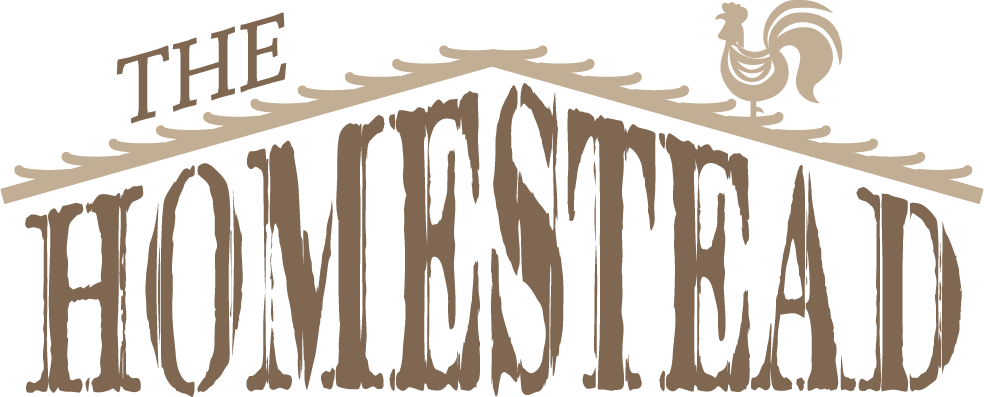On Nostalgia
It’s all too easy for the increasing significance of a folk school – or any applied skills education – to be diminished and painted quaint by an otherwise innocuous word:
Nostalgia.
Acclimated to a world encouraging limitless consumerism and valuing the disposable, many people find the idea of dedicating a weekend to discovering how to transform a branch into a spoon, plants into medicine, soil and hard work into sustenance a diversion at best, and a waste of time at worst. Why spend valuable free time doing something that can be done by machine or in a country we can’t even locate on a map? We’re accused of pining for a simpler time that never really existed; we’re reminded of the countless ways the advent of technologies have transformed our lives for the better.
Yes, you’re right. Penicillin IS a great thing.
But perhaps, when we break it apart, nostalgia really does reside at the heart of every effort to recapture and share our capacity for creation as people. Greek in origin, nostalgia is comprised of nostos - “ return home” - and algos - “pain.” The ache to return home. It is, in essence, a kind of temporal homesickness rendered virulent by what has become the everyday American experience.
Though the trappings of “home” may take any number of shapes, the ideal is universal: a place of belonging and security, an incubator for spiritual and personal growth, a nexus where one can rely on abundance and, in turn, contribute productively.
But in the face of this essential human need, we’re confronted with a world out of balance. We are constantly connected, but have never felt more isolated. We have unimaginable knowledge literally at our fingertips and have never felt less capable. Where we seek authenticity, we find artifice.
It’s no wonder we search wildly for a sense of home.
The Homestead Atlanta, like countless organizations, groups, and kitchen table gatherings, assuages this alienation by reintegrating people into their own lives and communities one skill at a time. Discovering the capacity to create – whether it be as simple as soap or as complex as a dwelling – empowers people. It is a reminder, no matter how small, that we can contribute significantly to the creation of a world properly sized for us and in balance with our surroundings.
In the shifting sands of our pivotal time, perhaps “nostalgia” not only encompasses the pain to return home, but also the pain of doing so. The flow of our days is predicated on the continued success of countless fragile systems, and it’s no secret that many of those systems are badly broken and structurally unsound. It’s a fact you can’t unknow, an instability you can’t unsee, and the resultant anxiety it causes can be crippling. But for those of us who can’t go back to sleep, we are often cowed by the sheer enormity of the task at hand, the Goliath forces with which we must contend.
So rather than dismantle, we build, together, the bones of a new community. We look in equal measure to those who came before us - preserving their abilities and skills – and to the innovations in technology and thought that serve an appropriately scaled life.
Should our way of living continue uninterrupted, it offers an alternative to the resource-hungry, environmentally destructive paradigm. If we must face a collective shift, we will have already laid the foundations of community and knowledge necessary to work together toward a more handmade world.
We’re keenly aware there was no halcyon time to which we can return. That isn’t why we dedicate ourselves to showing people their immense ability for creation and change. We do it out of nostalgia for the future we’re building together.




